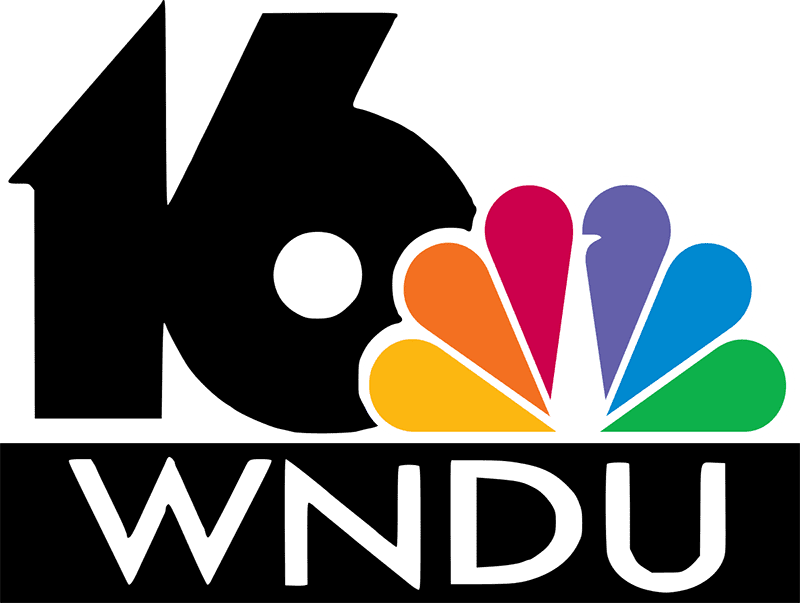Bring back Çatalhöyük
July 09, 2023
Anthropologist Ian Kuijt says this two-stage death ritual symbolised keeping the dead close and then decorating and releasing the skull to join the pantheon of the community’s ancestors.
Winning a Nobel Prize may be bad for your productivity
June 29, 2023
Kirk Doran, Henkels Family Collegiate Chair and associate professor of economics, was quoted in Science commenting on the methodology and results of a recent study published by the National Bureau of Economic Research, which suggests scientists' productivity suffers after winning a Nobel Prize.

Inside Indiana Business
Carozza named to Meta Oversight Board
June 09, 2023
Paolo Carozza, professor of law and concurrent professor of political science at the University of Notre Dame, will join the Oversight Board for Meta, the parent company of Facebook, Instagram, and WhatsApp.

Wired
The Kakhovka Dam Collapse Is an Ecological Disaster
June 08, 2023
Susanne Wengle, associate professor of political science and a Nanovic faculty fellow, described the ecological and economic impact of the damages to agriculture in Ukraine after the Kakhovka Dam collapse.
Major home insurers are getting out of California. Is Texas next?
June 08, 2023
Debra Javeline, associate professor of political science at the University of Notre Dame, studies human adaptation to climate change. She spoke to the Texas Standard about the future for homeowners’ insurance.
Originally published at news.nd.edu.

OSV News
Under surveillance, government pressure, China needs prayers, observers say
May 23, 2023
Since he took office 10 years ago, Chinese President Xi Jinping has worked to centralize power around himself, said Karrie J. Koesel, associate professor of political science at the University of Notre Dame in Indiana. Xi has worked for "greater control over civil society," which includes religion, Koesel told OSV News.
Originally published at news.nd.edu.

The Wall Street Journal
Our Many Jesuses
April 07, 2023
According to Robin Jensen, an art historian and professor of theology at the University of Notre Dame, the Gospels give warrant for such variety, since they never physically describe Jesus and recount that, after his resurrection, some of his own disciples did not recognize him. For Christian Smith, a professor of sociology at Notre Dame, the proliferation of rival ideas of what Jesus stands for undermines the cultural authority of them all, by feeding into the “pluralistic, subjectivistic, relativistic” understanding of religion that prevails in contemporary America.
Originally published at news.nd.edu.

WNDU
Experts at Notre Dame share less well-known global impacts of conflict in Ukraine
February 24, 2023
Nancy R. Dreux Associate Professor in the Department of Political Science at Notre Dame, Susanne Wengle, told 16 News Now that often times many people just think of the front lines, but don’t realize that Russia also launched a Naval attack on Ukraine.
Originally published at news.nd.edu.

The Washington Post
Mishandled classified materials have caused an uproar. Here’s why.
February 09, 2023
Perspective by Katlyn Marie Carter. Carter is an assistant professor of history at the University of Notre Dame.
Originally published at news.nd.edu.

Newsweek
Russia Only Managing Tiny Advances Amid Ammo and Troop Issues: U.K.
February 07, 2023
"It is clear the Kremlin thinks it has the capacity to continue the war and resume the offensive," said Ian Ona Johnson, assistant professor of military history at the University of Notre Dame, South Bend, Indiana.
Originally published at news.nd.edu.

Slate
The Politics of Being Pope Francis
January 20, 2023
Making things more tenuous, according to Ulrich Lehner, a theology professor at the University of Notre Dame, Francis has rejected the typical practice of using the College of Cardinals as an advisory board in favor of consulting a small circle of trusted advisers.
Originally published at news.nd.edu.

USA Today
Fact check: Pope’s death confirmed with traditional means, not hammer
January 11, 2023
The claim that a hammer is used for tapping on the pope's head is “a legend," though one that has been "repeated countless times as early as the 1850s," said Ulrich Lehner, a University of Notre Dame theology professor.
Originally published at news.nd.edu.